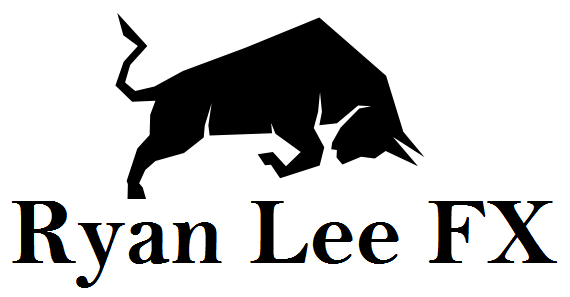The FOREX Market is not like a traditional stock market, it is in fact the single largest monetary transaction organization in the world with over 5 trillion dollars in trade occurring on a daily basis which makes it larger than every other stock market in the entire world combined. The FOREX Market is really an incredibly important place where sociology and political science meet economics. In simple terms, the FOREX Market, also known as the Foreign Exchange Market, is a place where individuals, countries, businesses and all other kinds of investors can speculate on the rise or fall of the value of various world currencies.
For instance, an investor in the FOREX could take one American dollar and change it into a Euro where it might currently be worth $0.90, but if there was a gain in the Euro and it became worth €1 then when that investor changes it back into American dollars, that $1 invested has now turned into $1.20. In a very loose way, this is how the Foreign Exchange Market works. It takes into account the economics of a country, the geopolitical situation, the sociological backdrop of the country and attempts to utilize past and current trends to determine what the value of the money may be worth tomorrow.
The Foreign Exchange is not a singular place but is rather a network of computers and brokers all over the world working to invest or divest from national currencies. There are two major halves to the FOREX Market – there is the interbank market and the over-the-counter market. This interbank marketing is where banks trade currencies with each other. For instance, it is where the Japanese banks may trade with the Swiss banks or vice versa. This can be done for a variety of reasons such as to balance sheet adjustments, or it can be done on behalf of the clients who own private or public banks and hedging.
The other half of the FOREX Market is the over-the-counter market and is made up primarily of smaller-scale individuals who through the use of brokerage firms, brokers, and online platforms trade their personal money on the Foreign Exchange Market.
The Foreign Exchange Market also differs significantly from the stock market in so much as it does not have a set operating hours range. The Foreign Exchange Market is in operation 24 hours a day from Monday morning when it begins in Asia to Friday afternoon in New York. Like with the stock market, however, the Foreign Exchange Market can be closed under emergency circumstances to keep currencies from plummeting wildly in case of a natural or national catastrophe.
The largest currency currently traded on the Foreign Exchange Market is the US dollar which makes up over 80% of all trades, followed by the Euro, and in third place the Japanese Yen. These three currencies currently dominate Foreign Exchange Market trading although with the rise of China, it is entirely possible that it could break into the top three sometime within a decade.
